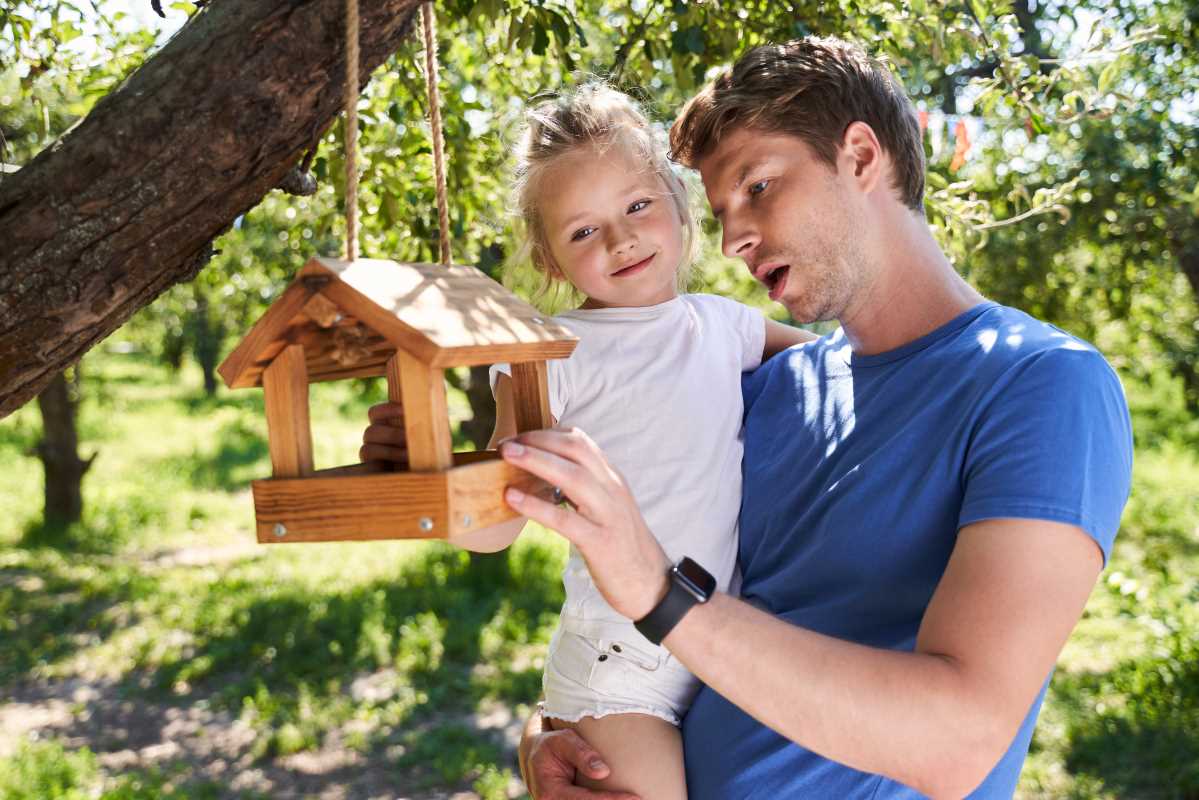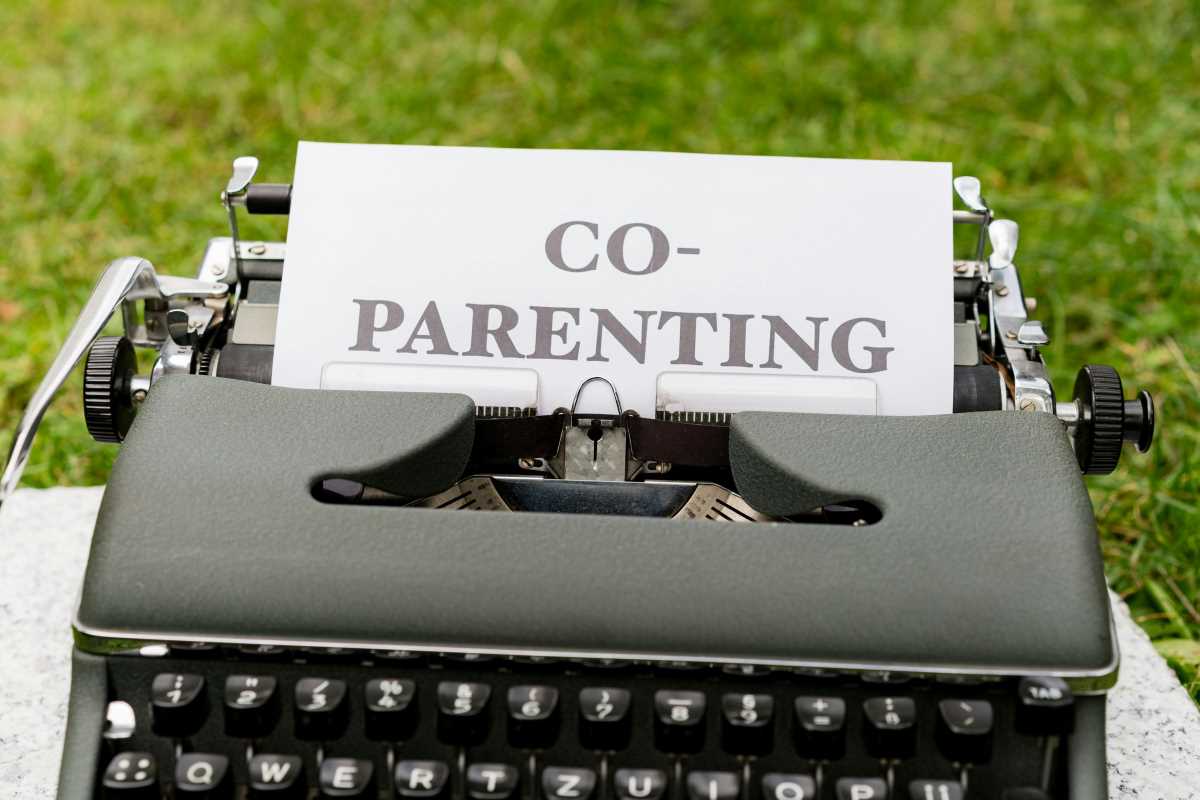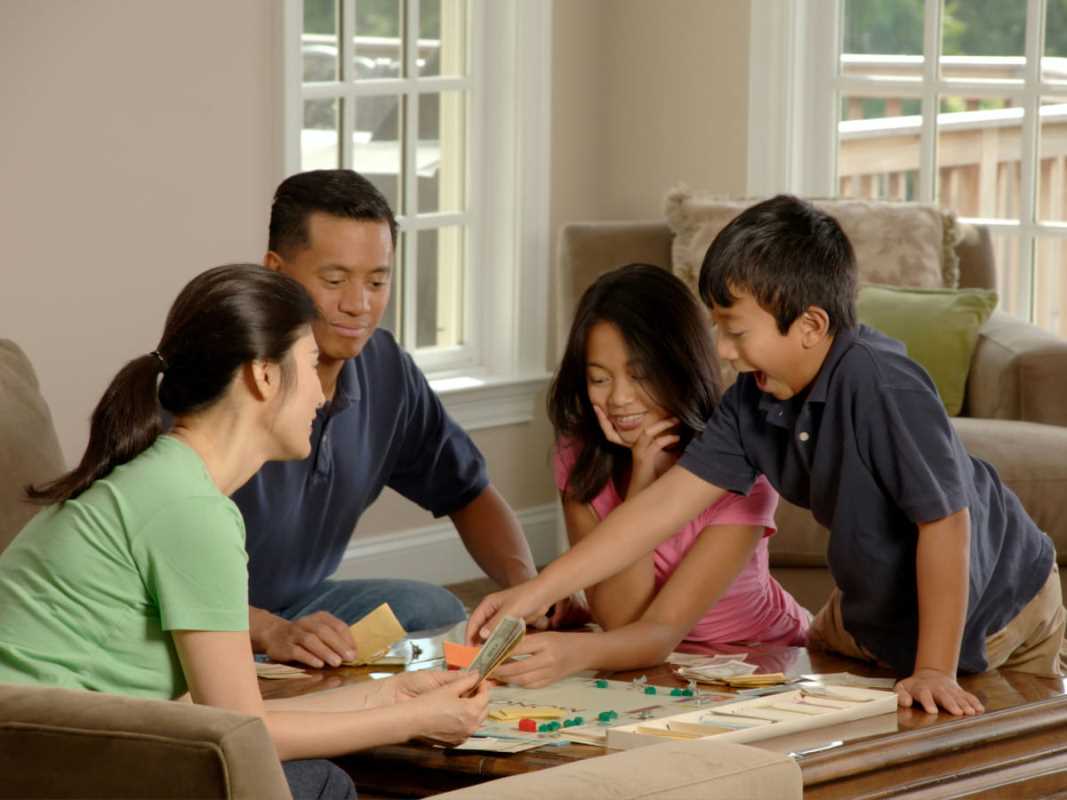Parenting is full of joyful moments, challenges, and unexpected emotions. For many, becoming a parent brings unhealed wounds from past relationships to the surface. Old triggers can invade present-day family life, subtly influencing how we connect with our children and how we respond under stress. Addressing these emotional echoes is vital—not only for your well-being but also for your child’s sense of security and self-worth. By taking intentional steps to identify and heal from these triggers, you can create an environment of emotional safety and resilience for your entire family.
Understanding Your Triggers
Triggers are emotional reactions caused by memories, words, or situations that remind us of painful or unresolved experiences. They can surface in surprising ways. Perhaps your partner’s tone of voice sparks anger or insecurity, or your child’s defiant response reminds you of moments when you felt unheard or dismissed in your own childhood. These reactions might not seem directly connected to the present moment but are often deeply rooted in the past.
Reflect on Recurring Reactions
The first step to understanding triggers is recognizing when your emotional responses don't align with the situation. For example, have you felt inexplicable anger over what seems like a small disagreement with your child? Or do you find yourself disproportionately anxious when your partner offers feedback? These moments provide valuable clues.
Start by journaling after particularly challenging interactions. Ask yourself:
- What emotions did I feel in the moment?
- Did the situation remind me of past experiences or relationships?
- What unmet needs or unresolved feelings might have been triggered?
Writing down your thoughts can reveal patterns that you might not notice in the chaos of everyday life.
Acknowledge Your Past
Accepting the role that your history plays in your reactions can be difficult but liberating. Take time to think about relationships that shaped who you are, including those with your parents, ex-partners, siblings, or close friends. Were there moments of rejection, criticism, or unmet emotional needs that you’ve carried with you?
For example, if your parents dismissed your emotions as a child, you might now have difficulty validating your own feelings or showing patience when your child is upset. Acknowledging this doesn’t mean assigning blame but recognizing areas where healing is needed.
Accept Without Judgment
It’s common to feel shame or guilt when you’re triggered, especially as a parent. You might tell yourself, “I should be more patient,” or, “Why can’t I just move on?” But triggers are not a sign of failure; they reveal that you’re human and still carrying emotional wounds.
Instead of judging yourself, practice self-compassion. Remind yourself that parenting doesn’t require perfection. What matters is your willingness to learn, grow, and show up for your child despite your struggles.
Strategies for Managing Triggers
Awareness is a powerful first step, but managing triggers takes work. Parenting often happens in high-pressure moments, and it’s easy to default to reactive patterns. These strategies can help you stay grounded and respond more intentionally, even when emotions run high.
Practice Self-Compassion
When an old wound surfaces, your first instinct might be to push the feelings aside or berate yourself. Instead, try to meet yourself with kindness. Imagine how you would comfort a close friend or your child in a moment of vulnerability, and offer yourself the same care.
Here are a few ways to practice self-compassion:
- Pause and breathe: When you feel triggered, take a few deep breaths to calm your nervous system. This simple act signals to your brain that you are safe.
- Use affirming language: Replace harsh self-criticism with supportive statements like, “This is hard, but I’m doing my best,” or, “It’s okay to feel upset right now.”
- Check in physically: Notice where tension builds in your body when emotions arise. Whether it’s a tightness in your chest or a clenched jaw, focus on relaxing each area.
Self-compassion isn’t just for you; it also creates an emotional buffer that makes it easier to respond to your child with patience and understanding.
Create a Pause Before Reacting
Parenting often demands quick responses, but taking a moment to pause can make a world of difference when you’re feeling triggered. Reacting impulsively often leads to regret, while pausing allows you to respond in alignment with your values.
Practical ways to create a pause include:
- Step away briefly: If possible, excuse yourself for a moment. Say, “I need a minute to think,” and return once you feel calmer.
- Count to ten: While seemingly simple, counting slowly to ten gives your brain time to shift out of a reactive state.
- Use a grounding technique: Focus on sensory details, such as the feeling of your feet on the ground or the texture of an object in your hand. Grounding helps redirect your attention from overwhelming emotions to the present moment.
Seek Support
You are not meant to handle emotional triggers alone. Sharing your experiences with others can provide both relief and practical guidance. Consider these options for support:
- Lean on trusted friends or family: Opening up about your struggles allows others to offer perspective or simply listen.
- Join parenting support groups: Being around others who face similar challenges can normalize your experiences and reduce feelings of isolation.
- Work with a therapist: A mental health professional can help you explore deep-seated triggers, develop coping techniques, and reframe past experiences.
Therapy doesn’t have to be a last resort; it can be a proactive step toward becoming the parent you want to be.
Model Healthy Emotional Regulation
Your children are always watching and learning from you. When you address your triggers mindfully, you teach them that it’s okay to have big emotions and that they can be handled with care. This modeling helps them build their own emotional intelligence and resilience.
Some practical ways to model emotional regulation include:
- Narrate your process: For example, say, “Mommy needs to take a deep breath because I’m feeling frustrated. That will help me calm down.”
- Apologize and repair: If you react out of anger or frustration, take responsibility and reconnect with your child. You might say, “I’m sorry I yelled earlier. I was feeling upset, but that wasn’t okay. I’ll try to do better next time.”
- Show healthy coping skills: Whether it’s taking a walk, journaling, or asking for help, letting your child see you prioritize emotional well-being teaches them to do the same.
Invest in Healing
While self-regulating in the moment is important, long-term healing is equally vital. The more you work to process old wounds, the less likely they are to surface as triggers in the future. This doesn’t mean erasing the past but learning to integrate it into your story in a way that feels empowering.
Here are some ways to invest in healing:
- Explore mindfulness practices: Techniques like meditation, yoga, or even mindful breathing can help cultivate greater self-awareness and emotional balance.
- Engage in therapy: If certain triggers feel too overwhelming to address alone, a therapist can help you unpack and make sense of them.
- Read and educate yourself: Books on trauma, attachment, and parenting can offer new insights and tools to support your healing.
Healing is a gradual process, and progress often comes in small steps. Celebrate even the smallest victories, such as catching yourself before reacting or noticing a shift in how you respond to your child.
Moving Forward with Intention
Parenting while working through emotional triggers is an act of courage. It requires you to face parts of yourself that you might prefer to avoid. Yet, this work is also an act of love for your family. By addressing the pain of the past, you’re breaking cycles and creating a foundation of emotional safety for your children.
Moving forward, keep these intentions in mind:
- Prioritize self-awareness: Stay curious about your emotional patterns without being overly critical.
- Celebrate growth: Acknowledge your efforts, even if progress feels slow or imperfect.
- Focus on connection: When triggers arise, remind yourself of your ultimate parenting goal—to build a strong, loving bond with your child.







